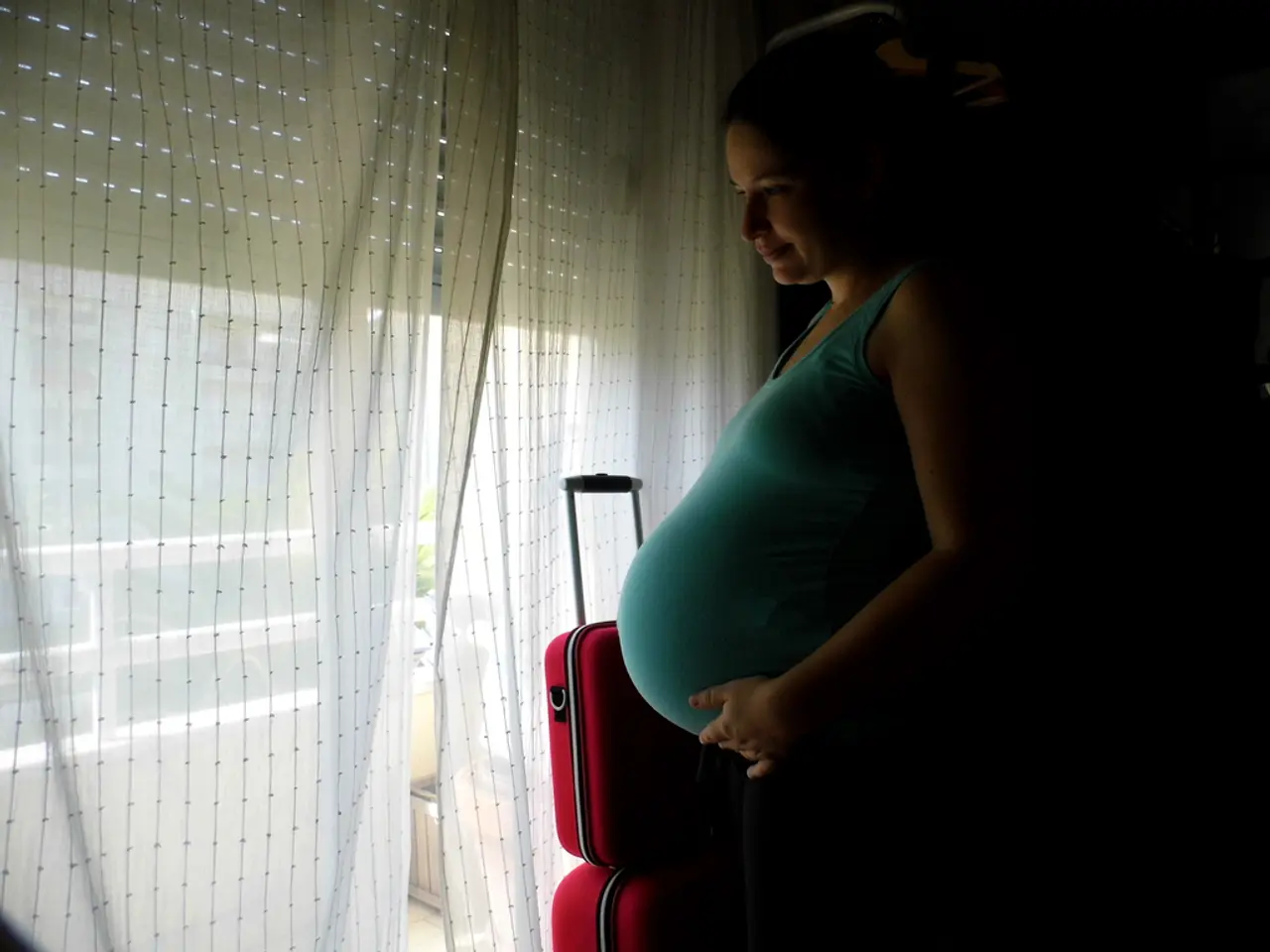Inequalities found in abortion rates across various regions or demographics
In a groundbreaking study funded by the Federal Ministry of Health, regional differences in medical care for unintended pregnancies and abortion options in Germany have been highlighted. The study, which will be published on the ministry's website this afternoon, has shed light on the varying levels of care in states such as Berlin, Brandenburg, Bavaria, Baden-Württemberg, and Rhineland-Palatinate.
The study findings underscore the complex interplay of factors that contribute to these disparities, including state healthcare and provider availability, cultural and political climate, medical practice and regulations, anti-abortion advocacy influence, and accessibility and information.
Berlin, known for its urban setting and liberal attitudes, typically offers more providers and better access to abortion services and counseling compared to more rural areas like parts of Brandenburg and Bavaria. This disparity significantly impacts the availability and timeliness of abortion care.
On the other hand, conservative regions such as Bavaria and Baden-Württemberg often have fewer abortion providers and more restrictive local practices. Local political pressures influence funding, education, and openness around abortion services.
The study also reveals that abortion in Germany is regulated federally but implemented at the state level with some leeway in interpretive medical guidelines, Rhesus testing protocols, and access to contraceptive counseling, which may differ regionally and affect care pathways.
In Brandenburg, requirements for performing abortions may include recognition as a specialist in gynecology, additional training, and certain personnel, spatial, and equipment standards. Gynecologists must also apply for permission to perform abortions from the responsible authorities.
In Berlin, the Counseling Center Act regulates access to counseling and support services for unintended pregnancies. The Conflict of Pregnancy Act in Brandenburg aims to ensure a location-based, diverse, and quality-assured counseling offer.
According to the study, barriers to providing abortion services include insufficient offers and inadequate facilities. The varying levels of medical care offers are not justified by the different abortion rates, according to the study's authors.
The study does not specify the number of gynecologists in Brandenburg who have been granted permission to perform abortions. It also does not discuss the reasons for the differences in the level of care for unintended pregnancies and abortion options between Brandenburg and Berlin.
As for the number of registered addresses for abortions, there are 119 in Berlin and 40 in Brandenburg. Nearly all surveyed gynecologists in the study consider the possibility of abortion to be an important contribution to healthcare.
The authors attribute the better care situation in some eastern German states, such as Brandenburg, to the previous legal situation in the GDR, where the so-called "Fristenlösung" and the state's care mandate had an impact.
This study provides valuable insights into the regional differences in abortion care and services in Germany, highlighting the need for improved access and consistency in care across the country.







